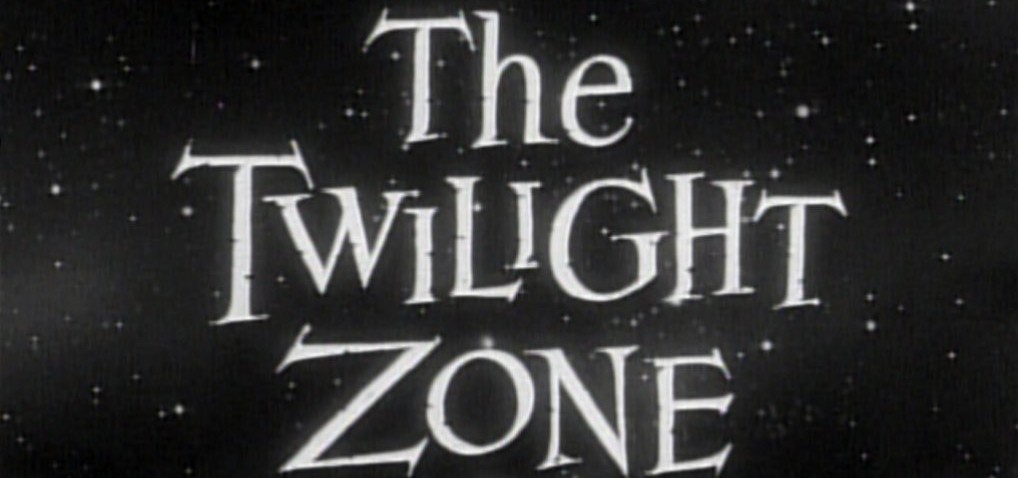What Schools Can Learn from The Twilight Zone
 By Dominick Cooper, Director and Lead Creative Tutor of Launch Academy, Winner of the DaVinci Scholar Award, and University Guest Speaker
By Dominick Cooper, Director and Lead Creative Tutor of Launch Academy, Winner of the DaVinci Scholar Award, and University Guest Speaker
Imagine me saying the following as Rod Sterling:

You walk into this school at your own risk, because it leads to the future; not a future that will be, but one that might be. Look in a classroom and you will see a glazed, cybernetic race of children – a race that feels asleep while awake and only engaged when connected through passive, virtual mediums. If insanity is defined as doing the same thing and expecting different results, then we as a system are a psychiatric anomaly. Any change will require action and any action will require energy and sacrifice. If you prefer the luxuries of the stoically comfortable life you now occupy and care little for the affairs of the next generations, then go back to your television. Forget what I’ve said. Live life as you always have – blindly and blissfully ignorant to the cries of desperation from the global citizens of tomorrow. But if you do feel a swell of responsibility in the lower left corner of your gut, then read on. For this sends you on a journey to a point of enlightenment with no chance of return voyage. It is a journey into the twilight zone.
You have just entered The Twilight Zone! 30 minutes of engaging, thoughtful, and strange stories! Take a look at any of the episodes and you’ll find these brilliant pearls of engagement:
1) They were cheap: No need for an expensive budget! Simply creating an environment that was “believable enough” allowed for the audiences imagination to fill in the rest – a much richer medium than any color scheme. Albert Einstein, usually considered a fairly intelligent person, stated that “Logic will take you from A to B. Imagination will take you everywhere.”
2) They were original: The Twilight Zone was unlike any other TV show of its time! People began watching them with an expectancy to see/learn something they’ve never seen before. How can schools accomplish this? Through projects. Projects allow students to create something original – it’s never been done before. It also allows the teacher to interject more tangential, relevant learning, which any professional who’s studied classroom engagement would encourage.
3) They had a purpose: Each episode ended with a recap of the show and a neat, little tie-in to an overarching value – trust, human weaknesses, unity, etc. These tie-ins give the show a higher purpose than entertainment and the messages stick with the audience. Watch one episode and you’ll see what I mean! This emotional connection is vital to learning and makes the material all the more applicable to the student.





